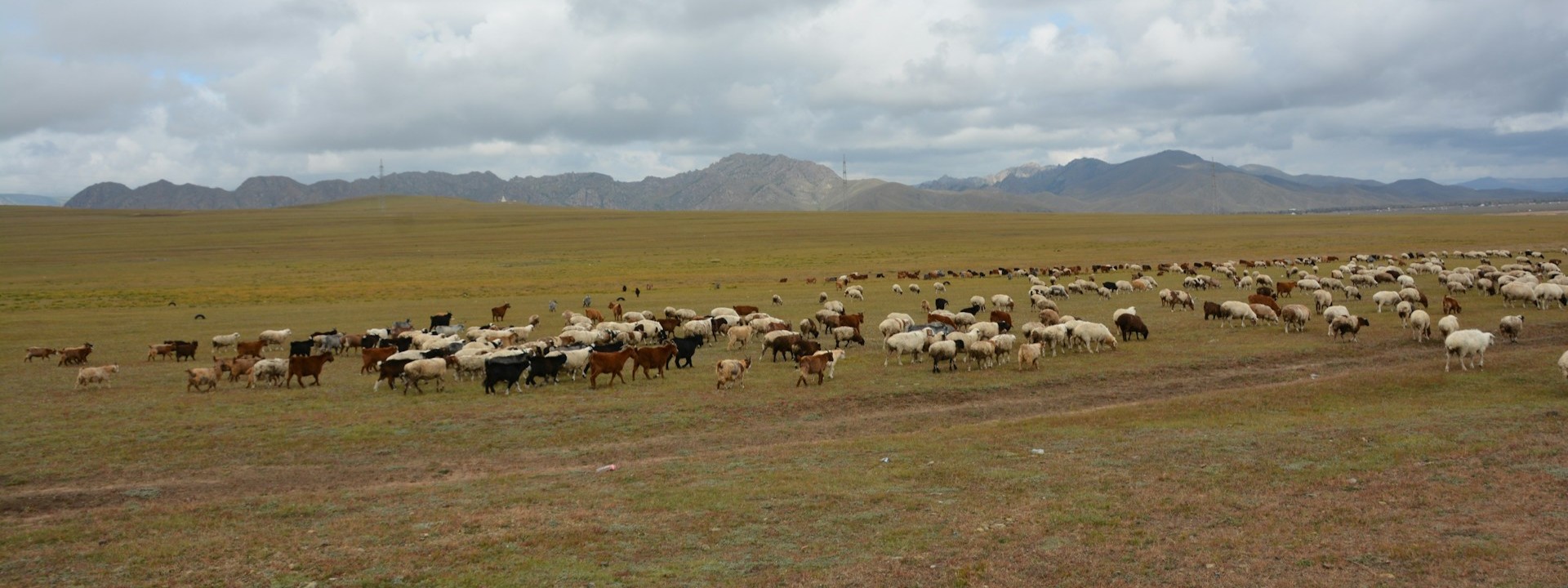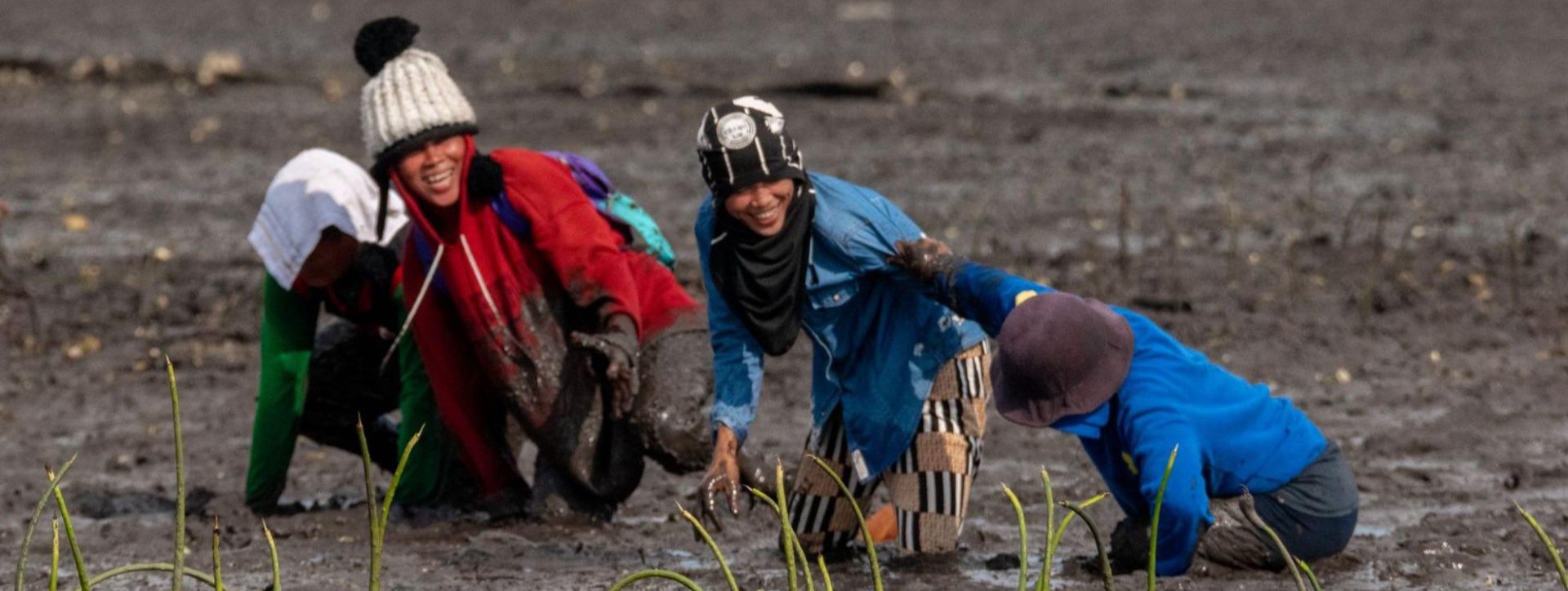
Photo credit: (Under Creative Commons license) The Amazon River in Ecuador. by Marcio Ramalho
The Ecuadoran government is facing renewed opposition against untrammeled industrial development from its Indigenous population.
On April 26, the Waorani, native Amerindians from the South American country’s Amazonian region, won a landmark lawsuit against three government bodies for conducting a faulty consultation process with the community before putting their territory up for sale in an international oil auction.
The ruling sets an important precedent for other communities in Ecuador’s southern Amazon rainforest trying to keep oil extraction out of their territories. The government’s auction, announced in February of last year, included 16 new oil concessions covering nearly 7 million acres of roadless, primary Amazonian forest across southeast Ecuador.
“Today, the courts recognize that the Waorani people, and all indigenous peoples, have rights over our territories that must be respected,” said Nemonte Nenquimo, one of the Waorani plaintiffs and a representative of the Coordinating Council of the Waorani Nationality Ecuador-Pastaza.
“The government’s interests in oil is not more valuable than our rights, our forests, our lives,” she added.
The Waorani lands in Pastaza province are protected under Ecuador’s constitution, which establishes the “inalienable, unseizable and indivisible” rights of indigenous people “to maintain possession of their ancestral lands and obtain their free adjudication.” However, the wealth in the subsoil is owned by the state.
The three judges in the Waorani lawsuit ordered the government to conduct a new consultation, applying standards set by the Inter-American Court of Human Rights, based in San Jose.
The ruling “has created a significant precedent for the Amazon,” said Lina Maria Espinosa, the attorney for the plaintiffs.
“It has been demonstrated that there was no consultation and that the state violated the rights of this people, and therefore of other peoples.”
The Waorani, who number around 4,800, also inhabit other Amazonian provinces.
The Waorani is the second community to win a major lawsuit against the Ecuadorian government in recent years.
In 2018, the indigenous Kofan community in the northern Amazon sued the same three government bodies for allowing mining operations to continue near their territory, without undergoing a consultation process. Four judges ruled in the community’s favor and 52 mining concessions were cancelled.
If taken over by the fossil fuel industry, warned the Confederation of Indigenous Nationalities of Ecuador (CONAIE), the health and livelihoods of the communities living in Amazonia—as well as the region’s unique biodiversity and sensitive ecosystem—would be threatened.
Ecuador is one of the smallest oil producers in the Organization of the Petroleum Exporting Countries (OPEC). But that has not hindered it from making big deals with oil-hungry nations. In 2009, a year after Ecuador defaulted on around $3 billion worth of debt, then-President Rafael Correa made an oil-for-cash agreement with China. In exchange for selling his nation’s crude oil to Petrochina, China provided Ecuador with a $1 billion loan.
Now the country seeks to attract investments totaling around $800 million to boost the production of oil, which the government maintains is critical to improving the nation’s economy. “It’s time for the private sector to invest,” said current President Lenin Moreno last year, arguing that public-private partnerships in the infrastructure, oil, energy, mining and telecoms sectors could generate $7 billion of investment by 2021.
The Waorani’s lawsuit is the latest salvo in a protracted battle between Indigenous people across Ecuador and fossil fuel interests that has been going on since 1993, when local tribes turned to the legal system to compel Texaco—and now Chevron, its parent company since 2000—to clean up the Ecuadorian Amazon rainforest and care for the people who have been sickened by the oil operations that began in 1967, when Texaco struck oil in the country’s northeastern province of Sucumbíos.
The Ecuadorian Amazon is not just one of the most sensitive ecosystems in the world, it is key for the environmental health of the world. Known as the “lungs of the planet,” the Amazon rainforest “inhales” carbon dioxide and “exhales” oxygen, helping to stabilize the global climate by safely storing up to 140 billion metric tons of carbon. Deforestation by extractive and agricultural industries releases this carbon into the atmosphere, further accelerating global warming, the effects of which are felt across the world, from rising seas along U.S. coasts and melting Arctic glaciers, to wildfires in Europe and droughts in Africa.
Ecuador is also home to an astounding number of species. The nation is the eighth most biodiverse on Earth and the most biodiverse when considering the number of species by unit area. It is home to the highest number of species by area worldwide, including more than 1,500 species of birds, more than 840 species of reptiles and amphibians, and more than 300 species of mammals. Ecuador’s Yasuni National Park boasts nearly 20,000 plant species, more flora than anywhere on Earth.
Mitch Anderson, executive director and founder of Amazon Frontlines, which created a petition on behalf of the Waorani urging the Ecuadorian government to halt oil development on Indigenous land, told the Independent Media Institute:
“There are two different courses for the Ecuadorian government here. The first is an all-in bet on oil, and the last half-century has already shown us what that road leads to: environmental degradation, institutional corruption and further indebtedness to foreign interests, in this case China. Or they can take an urgently needed, forward-thinking path which supports forest protection, respects Indigenous rights and promotes investment in green economic alternatives that will ultimately contribute to the building of a sustainable future for the country and planet.”
For more on this issue, click here and here.
Learn more about this topic at the Global Landscapes Forum conference in Bonn, Germany, 22-23 June 2019.
Read Landscape News stories from the 18th session of the U.N. Permanent Forum on Indigenous issues here








Share your thoughts with us